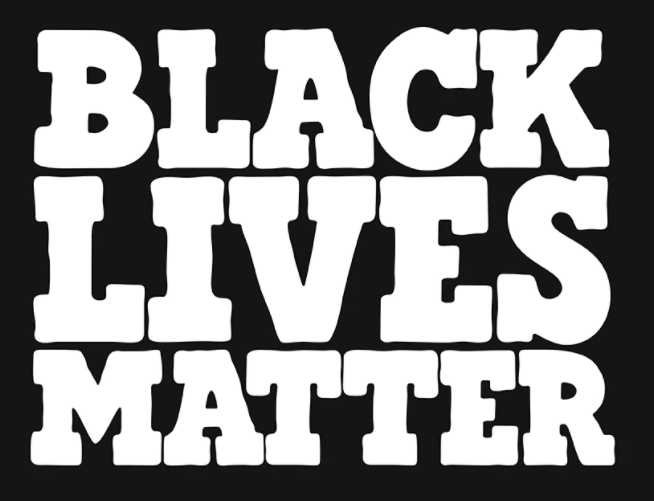Mistakes to avoid when your company communicates about #BlackLivesMatter

Look, I’m no expert. And I’m white. But after my offer to help people crafting Black Lives Matter messages earlier this week, a bunch of companies came to me for help. As a result, I got to see some of the mistakes people are making.
Many of those who want to write are suffering right now from the economic impact of the pandemic, and have black clients whom they care about. But their company may be mostly white. “What can we possibly say?” they ask.
Here are few tips:
- Have nothing to say? Don’t say anything. If you don’t have an opinion, why are you taking up airspace? You’ll find it very hard to write a statement if, deep down, you don’t know what to feel or don’t really care.
- Don’t engineer it. I saw statements that were carefully crafted. I told them to go back and start over. It’s not about hitting a precisely curated set of points. It’s about what you feel.
- Reach out to your clients and employees. A general statement is fine. A personal contact matters more. If you have black clients, are they ok? Are their families? I think an offer to listen or help may make a difference.
- Connect in a way that is unique to you. I can’t write your statement, because only you know how your business and your contacts are being affected. What does this crisis bring to your mind? That’s where to start.
- Don’t compare pain. If you laid people off, that’s painful. If you and your relatives have suffered from years of profiling at the hands of police, that’s horrifying. No comparison is possible. It’s not about who has it worse.
- Do something. At the least, contribute. One company I know is giving people a day off to do something concrete for racial justice. What are you doing that will make a difference?
- Don’t let your commitment fade. Add reminders in your calendar. What will you do on May 25, 2021, one year from the day George Floyd died? Will your company contribute to candidates that support racial justice? If you wait a few months, the immediate pain will pass. People will notice if you continue to take action even after that.
My final piece of advice is to listen to people closer to the issue and smarter than me. I’m still willing to help you avoid mistakes, but you need to do more than that. Get help from someone who actually understands this stuff (and pay them for their time). I know one: Risha Grant.
Humility, good advice and encouragement to both stick to the course and shut up if you have nothing meaningful to add.
God damn, I wish there were more white people saying this.
Thanks Josh.
❤️
Thank you for the link to Risha’s site and for your candor, as always. I’ve always enjoyed it but it’s particularly refreshing in this chaos.
Thank you for sharing excellent advice at this time.
Great list.
“Reach out to your clients and employees. A general statement is fine. A personal contact matters more. If you have black clients, are they ok? Are their families? I think an offer to listen or help may make a difference.”
Careful with this one. I know a black community leader who had many of her white friends and colleagues reach out to her. Many were/are asking her what they can do to help – it is easy to come off insensitively on this.
For her, it made it seem like it was a black community problem rather than a problem for all of us, though she understands the good intentions behind it.
Listening, while important, may seem a bit too passive, and offering to help may need to be more specific or concrete.
Marching with the protesters is fine, but then what?
May be better to ask, “Who is leading specific proposals to make the changes WE need here, so I can figure out how I can provide support and make it happen?”
This shifts ownership and burden back to yourself, yet opens the door for listening, while promising support.